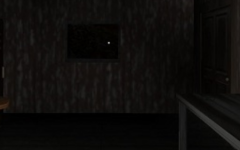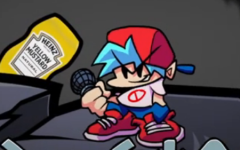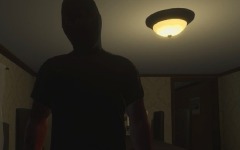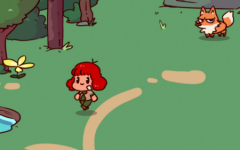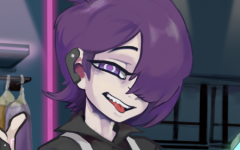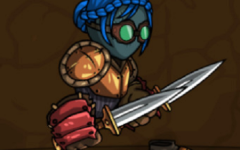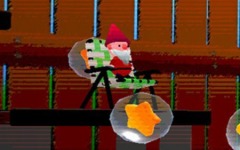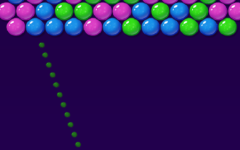Advertisement
Sonic 1 Exe
Advertisement
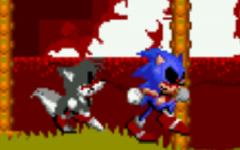
Sonic 1 Exe begins with the structure of a classic platformer but quickly shifts tone through unsettling visual choices and altered mechanics. What was once a fast-paced, colorful journey through recognizable zones becomes distorted and unwelcoming. Backgrounds are darker, the soundtrack is warped, and character animations feel off just enough to cause discomfort. The experience suggests the world is no longer under the control of the player but instead manipulated by an unseen force.
Distortions in Gameplay and Environment
Unlike the original Sonic the Hedgehog, this version introduces obstacles that cannot be predicted using typical game logic. Levels may loop unexpectedly, collisions behave differently, and scripted events remove agency from the player. At certain moments, the camera zooms in too far or refuses to follow the character, creating a claustrophobic experience. Sound effects glitch or stretch into static, and even the timer can freeze or count backward, reinforcing the feeling of losing control.
Key Elements That Define the Game
The following features distinguish Sonic 1 Exe from traditional entries in the franchise:
- In-game messages that break the fourth wall
- Enemy behavior that changes depending on the player’s actions
- Characters from the Sonic universe appearing in damaged or altered forms
- Unresponsive controls at specific scripted moments
- Glitched graphics and corrupted audio cues
These elements work together to make the player feel observed rather than in control.
An Atmosphere That Challenges Comfort
Sonic 1 Exe is not meant to be played like a traditional platformer. Its intention is to use nostalgia as a tool to unnerve. Familiar levels are presented just long enough to trick the player into a false sense of security before being corrupted. There’s no clear objective or end goal, and winning often feels irrelevant. Instead, the game asks players to question what they’re seeing, hearing, and experiencing in real time.
The Legacy of Sonic 1 Exe
This title continues to attract players who are drawn to horror hidden within old-school visuals. Without relying on traditional horror tropes, it creates tension by erasing the player’s expectations. Whether played for curiosity or a deeper psychological effect, the game remains a defining example of how simple changes in design can entirely transform a known world.



































































































































